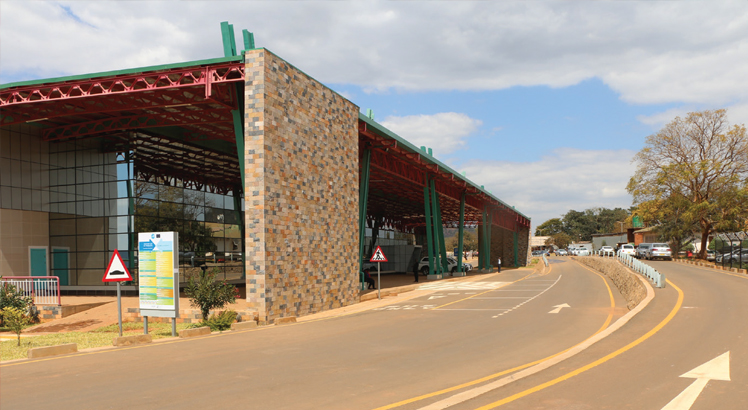Govt moves on mining ventures
Ministry of Mining says it expects to finish some mining development agreements negotiations with three mining firms by June this year to resume major mining activities.
The resumption of mining activities is expected to create jobs and enhance the sector’s contribution to the gross domestic product (GDP), which is currently at less than one percent, according to Malawi Government Annual Economic Report 2022.

The ministry’s Principal Secretary Joseph Mkandawire said government is negotiating agreements with three firms that have finalised their exploration works.
He identified the firms as Mkango Resources, a dual-listed mineral exploration firm, which has been engaged in exploration of rare earths at Songwe Hills in Phalombe, Globe Metals Limited, which will be mining niobium in Mzimba and Lotus Resources Limited, which acquired Kayerekera Uranium Mine in Karonga recently.
Mkandawire said discussions on the agreements are at an advanced stage and will be concluded soon.
He said: “From the ministry’s point of view, we look at technical aspects, usually how the mining will be done, waste disposal, value of the minerals, and the quality of the deposits.
“On another hand, the Ministry of Justice has to look at the legal aspects to question whether the agreement is in favour of Malawi. Then there are fiscal issues to be looked at by the Ministry of Finance, the Reserve Bank of Malawi and the Malawi Revenue Authority.”
For Mkango Resources, Mkandawire said the legal aspect is right in frame, while for Global Metals and Lotus Resources, the fiscal matters are currently prominent, saying all things being constant, discussions should be concluded by June.
Records from the Department of Mines, show that there was a workforce of 703 in 2013 at Kayelekera during its peak and the figure dropped to 300 in 2014 when operations stalled.
Following recent meetings with government officials, Lotus Resources managing director Keith Bowes said in a statement that there is strong support from government, communities and non-governmental organisations for Kayelekera to resume production soon.
Bowes confirmed the discussions with the government officials revolved around the updated agreement which will set the fiscal regime and define the operating requirements for the company.
The previous owners of the mine, Paladin Energy Limited, who operated the mine between 2009 and 2014, had an agreement with the Malawi Government, which they negotiated in consideration for the transfer of 15 percent ownership of the project to the Government.
The statement said Lotus is seeking a similar set of conditions as were contained in the original agreement.
When government inaugurated the Airborne Geophysical Survey in May 2013, there were indications that the mining sector was expected to contribute 20 percent to GDP and foreign exchange reserves.
Earlier, Globe Metals and Mining country manager Neville Haxham said once its Kanyika Niobium project in Mzimba is fully operational, it will create over 1 200 jobs and improve the socio-economic status of residents around the mine.
After Kayerekera Uranium Mine was closed, the mining sector’s contribution to GDP dropped from eight percent in 2009 to 0.8 percent in 2019.
University of Malawi economics professor and former Secretary to Treasury Ronald Mangani warned that the country’s “untimely opening up of the mining sector is the next curse” because there was no critical mass of trusted experts created.
He said in his analysis: “There is no public sector investment and the ownership is challenged. There are resource limitations, we can’t fund research as a country and asset holding.
“The sector is free for all as there is no capacity to monitor dealings of investors. The sector is characterised by weak fiscal regime to negotiate and maximise State benefits.”
Malawi Chamber of Mines and Energy national coordinator Grain Malunga said the country’s mining industry is developing as there are about five companies currently at an advanced stage in developing mining ventures.
The Malawi Government earmarked the mining industry as a key sector of the economy with potential to contribute to economic growth and job creation.






One Comment